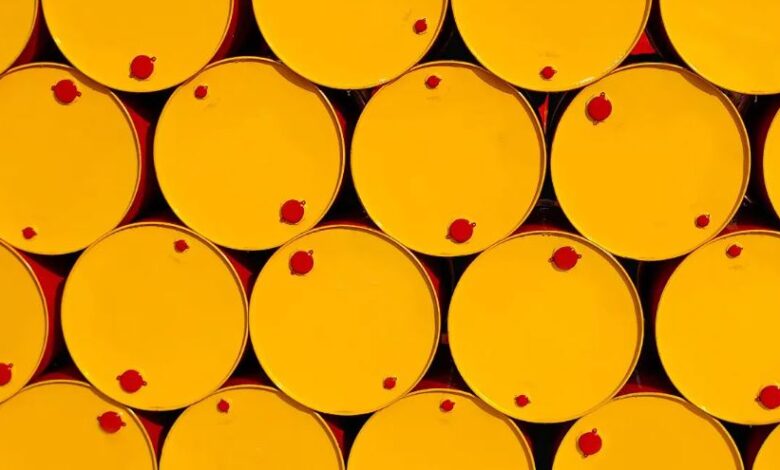Less Russian oil on markets in 2023: Russia responds to price cap
To December the export of Russian oil from the ports on the Baltic in a decrease of 20%
(sustainabilityenvironment.com) – Cut Russian oil production by up to 7% to meet the price cap in force since early December. This is the hypothesis put forward by Russian Deputy Prime Minister Alexander Novak as a countermeasure to the price cap imposed by the EU and the G7 countries on crude oil and refined products from Moscow.
If the measure really takes effect at the beginning of 2023, it could result in a haircut of between 500,000 and 700,000 barrels of oil per day, Novak estimates in an interview with Russian state television. Cuts that would hit the countries that adhere to the price cap and the energy companies that adapt.
What is the price cap
The price cap on Moscow crude oil has been in force since 5 December and has been set at 60 dollars a barrel after difficult negotiations between European countries. Poland -one of the main supporters of Ukraine in the conflict- has held the Council in check for weeks, demanding that the limit be lowered much lower, around 30 dollars.
Read also What has the G7 decided on the Russian oil embargo?
It applies only to a part of Russian oil, that transported by sea, but it does not concern only imports from the acceding countries.
The agreement on the roof, in fact, provides that Russian crude can be sent to third countries using ships, insurance and bank guarantees linked to the countries that impose the cap only if the goods are purchased at a price below 60$. Much of the insurance and reinsurance industry is based in Europe and Great Britain.
“We believe that in the current situation, it is even possible to take risks of lower production rather than be guided by the selling policy regarding the price caps. Today it is $60, tomorrow it can be anything, and getting dependent on some decisions made by unfriendly countries is unacceptable for us” said Novak. The price of the barrel (Brent) beats around 80 dollars, more or less the same level as before the invasion of Ukraine, and is in continuous -albeit slow- descent since June.
The impact of the roof on Russian oil
While the Kremlin assures that it can easily redirect barrels to other buyers, especially by searching for them in Asia, the reality is that the imposed bottlenecks are being felt and the impact of the price cap should be perceived markedly, at least in this first phase. According to a calculation by Reuters, from the ports on the Baltic the export of Russian crude oil to December would collapse of 20%. The Asian appetite for the Russian Ural is not much and, above all, Moscow has difficulty in finding enough tankers to replace those off limits.






